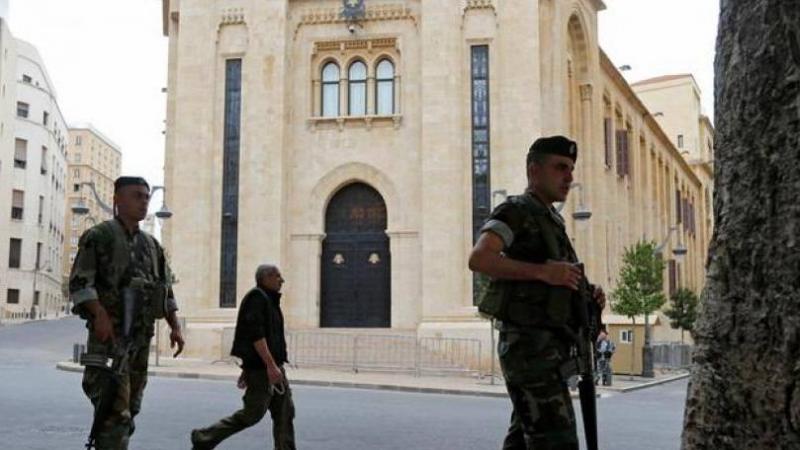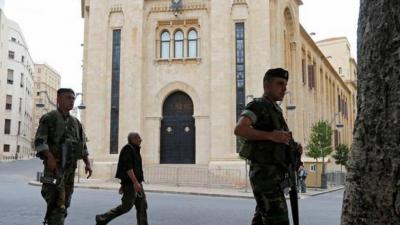The opposition blocs and figures in the parliament are facing several challenges in the upcoming phase, starting with the election of a parliament president and a vice president, followed by naming a prime minister and forming a government, and finally electing a president of the republic. This puts them to the "test" of unity and coordination among themselves to prove their capability to confront "Hezbollah" and its allies who currently dominate the Lebanese decision-making.
With the "Free Patriotic Movement" and "Hezbollah" insisting on not recognizing the transfer of the parliamentary majority to the opposition, the first test for these forces manifests in the election of the vice president of the parliament, amidst a single candidate for the presidency, the current president Nabih Berri, whose election is almost certain, albeit with a slim majority. The election of the vice president has been brought to the table for discussion among the parties, primarily between the "Lebanese Forces" and the "Progressive Socialist Party," in addition to the "Lebanese Phalange Party" and other lawmakers categorized as "Change" and "Sovereignty" figures.
As discussions begin about potential candidates associated with certain parties, such as former Deputy Prime Minister Ghassan Hasbani from the "Forces" and former Defense Minister Elias Bou Saab from the "Movement," as well as former head of the Bar Association Melhem Khalaf, these entities deny adopting or naming any specific candidate at this stage. However, there is a consensus among the different factions to discuss the specific qualities and criteria that must be met by whoever takes this position. Notably, other names have arisen recently for the vice presidency, such as MP Ghassan Skaff, close to the "Socialist" party, and MP Saji Atyeh from the "Development Bloc," who met with Berri two days ago and announced his willingness to assume the position.
With the final picture of the candidates still unclear, elected MP Elias Hanke from the "Phalange" emphasizes the importance of coordination among opposition forces to unify their stance regarding the vice presidency election. He stresses that the upcoming vice president must possess certain qualifications and experience to handle the role. He states, “As MPs in the Phalange, we did not vote for Berri before, and of course, we will not vote for him today. Regarding the vice presidential election, we will make efforts to agree with the forces and MPs that share our views on general policies for a single candidate. Discussions have begun among us and meetings with MPs from the Change bloc have been held; this matter is our first priority because its significance lies in the agreement that should be established in the upcoming challenges we are expected to face together, from forming a government to presidential elections and decisions that should be made in the coming phase, which are related to people's lives and the economic and living situation.”
Concerning these upcoming challenges, the political bureau of the Phalange party warned in a statement after a meeting two days ago against returning to the prevailing practices of bargaining and trade-offs prior to the elections at the expense of Lebanon and the Lebanese's interests, emphasizing that it will confront this inside the parliament as it did outside. It reiterated that it “will not sit at any table of sharing and will not grant its vote to a president or a vice-president or a prime minister or a president that covers and defends Hezbollah's weapon under any pretext.”
The stance of the "Forces" party regarding the importance of opposition agreement in the upcoming challenges is no different. Media and communication official Charles Jbour expresses to "Asharq Al-Awsat": “Channels of communication are open, and efforts are being made to reach a single candidate to send a message to the Lebanese who elected us and managed, through their votes, to seize the majority from the other party, thus confirming that we are capable of uniting in the first test before us to elect a vice president of the parliament and establish through it a phase to agree on the designated prime minister, and then set the specifications for the post-election government that must differ from its predecessors.”
Jbour states: “If the struggle today is stalled over the presidency of the parliament, then the battle for the vice presidency is available and must be fought,” and he affirms: “For the Forces, we reiterate that the battle is not linked to individuals but to specifications previously discussed by the party's president.”




